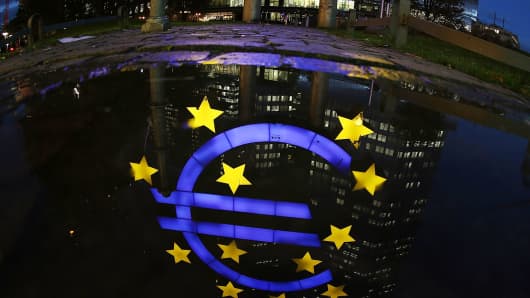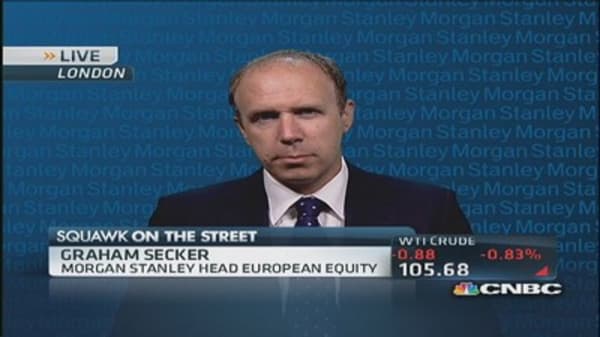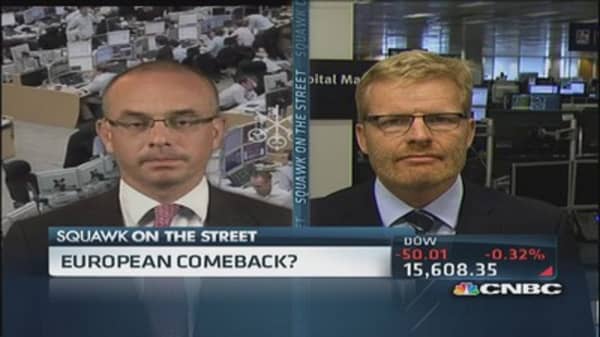Expectations of new euro area growth initiatives after the German elections in September are unrealistic. There is no money, and there is no political will for such measures.
It would be unwise to count on anything beyond the following Brussels consensus about the euro zone's economic governance: (a) the ECB will act as a "whatever-it-takes" guarantor of the common currency, (b) the ECB will support the integrity of the financial system and maintain appropriately easy credit conditions and (c) member states with budget deficits in excess of 3 percent of gross domestic product (GDP) have a conditional and closely supervised extra time to balance the books in order to avoid stifling an already weak economic activity.
(Read more: Is Germany in 'cloud cuckoo land' over Greek debt?)
The call for structural reforms to improve competitiveness applies more or less to all euro area countries. These structural reforms are expected to deliver (a) more flexible labor markets (easier hiring and firing), (b) trimmed welfare systems and (c) less onerous public services. Prodded by Germany, euro area leaders now seem to agree that the region has become a doomed high cost producer – unless it quickly and resolutely cuts costs and increases productivity.
These three policy levers – easy credit conditions, cost cutting and a more competitive production of goods and services – remain the key determinants of euro area's short- and medium-term growth prospect, regardless of the outcome of the next German elections.
That should be the "take home message" for euro area investors. And if this strikes you as a German policy prescription – it is. No shortcuts and no alternative medicine here. But like most things in life, taken with discipline, moderation and some luck, the prescription might work.






